6 Brutal Truths Behind the Widespread Hatred for Boruto

Welcome to the embattled world of Boruto, the sequel to the legendary Naruto series. When we say "legendary," think of a carefully built legacy that spans years, characters that are richer than a triple-chocolate cake, and fight scenes more epic than your highest-level boss battle. So naturally, Boruto comes with sky-high fan expectations. Sadly, it seems to trip over its own ninja sandals more often than not.
Ever since Boruto Uzumaki leaped onto the scene complaining about his dad's heavy workload rather than counting his blessings, fans haven't been too happy. From accusations of tarnishing Naruto’s hard-earned reputation to claims of unfortunate storytelling decisions, Boruto has been navigating through a storm of fan criticism that's more intense than Naruto's Rasengan.
Many fans argue that the series has tarnished the legacy of Naruto, dragging his monumental character development through a shallow continuation. Boruto fails to provide a satisfying follow-up and instead stirs the pot of disappointment among Naruto's hardcore followers. This shook-up continuity feels less like an evolution and more like an attempt to ride the coattails of its predecessor.
For instance, Boruto has been accused of being a rushed cash grab with flimsy plotlines. This sentiment isn't just random fan chatter. If you look closely, you'll find that the pacing feels shoddy and the depth once characteristic of Naruto’s storyline is sorely missing Source: Hindustan Times.
Another core of the criticism stems from Boruto's relationship with Naruto. Instead of a heartfelt father-son bond that fans might have expected, Boruto is often seen sulking and lashing out at his father. This resentment is largely due to his perception that Naruto neglects his family over his Hokage duties Source: CBR. Such dynamics make Boruto appear more as a spoiled brat rather than a relatable protagonist Source: Medium.
While Boruto has moments that are genuinely engaging, the shadow of Naruto looms large. Many fans feel that if not for their loyalty to the Naruto franchise, Boruto wouldn’t fare well on its own Source: Quora. The nostalgia factor plays a significant part; it's hard to accept new characters when your old faves are benched, barely making cameo appearances.
Despite the substantial backlash, Boruto isn’t a complete dumpster fire. It still has devoted followers and moments that resonate with new fans. Especially in some regions, Boruto’s development has been well-received. Whether these fleeting glimpses of brilliance are enough to mend the rift remains to be seen Source: Fandom Wire.
So, gear up—because we're diving deep into the reasons why Boruto has been stumbling and how it can potentially rise from the ashes of its own making.
1. Lack of Depth and Rushed Storytelling
Continuing a beloved series is always tricky, but Boruto fumbles the ball almost immediately by rushing through its storytelling. Fans, accustomed to Naruto's intricate plotlines and rich character development, find themselves bewildered by Boruto's hasty pace. The sense of urgency to cash in on Naruto’s success is palpable, and it's evident to even the most casual viewer that the series lacks the thoughtful planning that defined its predecessor.
Let's face it, Boruto often feels like it's on a speeding train with no intention of looking back at the scenery it's passing. The plot barrels forward at breakneck speed, leaving behind what fans cherished in Naruto: deep, emotional connections and well-woven narratives. In Naruto, the slow build of relationships and the gradual unfolding of characters' histories created a tapestry that new arcs masterfully built upon. On the flip side, Boruto's storytelling feels more like flipping through a photo album, glancing at each picture briefly before hastily moving on to the next.
One of the glaring issues is the atrocious pacing in Boruto. Manga readers can attest that each chapter feels like it's been stripped down to the bare bones, barely advancing the story Source: Reddit. This sense of rush dilutes the impact of dramatic moments and character growth. Where Naruto took its time to make every character decision feel earned and grounded, Boruto treats critical plot points like they're items on a checklist, ticking them off without giving them the depth they deserve.
The most stinging critique is that Boruto comes across as a blatant cash grab. Instead of being a thoughtful continuation of a beloved saga, it appears designed to milk the existing fanbase Source: GameRant. By focusing more on quantity than quality, the series undermines its own narrative integrity. For many, it's not just about the speed but the seeming lack of respect for the original series' legacy. This is a far cry from the thoughtful, engaging storytelling that fans expected.
Important story arcs and character development are often glossed over or handled clumsily. The intricate backgrounds and the nuanced motivations that were a hallmark of Naruto feel like an afterthought in Boruto. Key plot elements and character arcs that should have been explored in greater depth are given superficial treatment, leading to a fragmented and unsatisfying viewing experience Source: Hindustan Times.
Naruto's emotional depth made fans cry, cheer, and truly connect with the characters. In stark contrast, Boruto falls short on this front. It fails to forge the same emotional bond with its audience. This disconnect is largely due to the rushed storytelling that leaves little room for characters to breathe, evolve, and connect naturally with the viewers Source: Quora.
Ultimately, the lack of depth and rushed storytelling in Boruto is a significant bone of contention for fans. It feels more like a hurried cash-grab than a loving extension of Naruto's legacy. Addressing these pacing and depth issues is crucial if Boruto hopes to not just succeed commercially but also find a lasting place in the hearts of its audience Source: Medium.
2. Inconsistent Power Scaling and Character Nerfing
Ah, inconsistent power scaling, the Achilles' heel of many a franchise. In Boruto, one minute characters are struggling to lift a pebble, and the next, they’re moving mountains. This topsy-turvy approach to power levels leaves fans scratching their heads and questioning the internal logic of the series. Naruto and Sasuke, once shining beacons of shinobi strength, now seem to flounder against foes that they could've easily dispatched in their prime.
The culprit behind this puzzling fluctuation? Narrative convenience. When the plot demands it, characters suddenly get a power boost or conveniently forget crucial abilities. This erratic power scaling detracts from the viewer's immersion in the story, making the once cohesive world of shinobi seem like a hodgepodge of inconsistencies.
Another thorn in the side of Boruto's fanbase is the ease with which characters pick up advanced techniques. Remember when Naruto had to go through grueling training under Jiraiya to master the Rasengan? Or when Sasuke pushed his limits under Kakashi to acquire the Chidori? In Boruto, such strenuous training seems almost passé.
Boruto Uzumaki, for instance, picks up highly advanced skills with little to no struggle, making his plight appear like a stroll in the park compared to his father’s arduous journey. Sasuke even acknowledges that he's taught Boruto nearly everything, attributing it to the boy's quick learning ability Source: Naruto Fandom. This approach strips the narrative of tension and stakes, as viewers no longer feel that the characters have much to lose or gain.
Few things rile up a fanbase like seeing their beloved characters nerfed. In Boruto, Naruto and Sasuke seem to have taken a significant backseat to their former glory. Key incidents include Naruto losing Kurama and Sasuke losing his Rinnegan Source: Sportskeeda. These losses were significant, rendering them far weaker and less competent than they were in their prime.
This drastic reduction in power appears to be a deliberate attempt to elevate the new generation of shinobi. However, it has not resonated well with the fans. Instead, it feels like a forced narrative move to make Boruto and his peers shine brighter than they actually do. The decision to render Naruto and Sasuke as mere shadows of their former selves leaves a bitter taste, considering the herculean efforts they previously invested to attain their peak forms. Reddit forums are filled with fans lamenting this nerfing, voicing their discontent over seeing their heroes reduced to mere side characters Source: Reddit.
The inconsistent power scaling and character nerfing in Boruto not only undermine the narrative but also alienate long-time fans. It feels like the wisdom and strength accrued through years of struggle in the Naruto series have been frivolously sidelined. This newfound ease with which characters attain skills and the unwarranted weakening of iconic characters leaves audiences yearning for the depth and consistency that once defined the Naruto saga.
A well-crafted story should respect its own rules and honor the journeys of its characters. Until Boruto addresses these inconsistencies, it will remain a contentious sequel, always struggling to escape the long shadow cast by its legendary predecessor.
3. Unlikable Main Character
Boomers had it tough, but it's a whole new era of struggle when it comes to relating to Boruto Uzumaki. Born with a silver kunai in his mouth, Boruto's privileged background is a far cry from his father Naruto's rough and tumble upbringing. Naruto was the underdog, an outcast who had to claw his way to respect and acknowledgment. Boruto, however, starts off with every conceivable advantage: a strong shinobi lineage, full access to resources, and the guidance of ninja legends. This stark contrast rubs fans the wrong way and detracts from the relatability that made Naruto so beloved Source: Naruto Fandom.
Now, let's talk about that attitude. It's one thing to be a bit of a brat, but Boruto takes it to another level. Despite having a father who literally saved the world, Boruto harbors resentment because Naruto, now Hokage, doesn't spend enough time with him. His rebellious demeanor and inclination to upstage his father come off as both ungrateful and petulant. This attitude has made it hard for fans to connect with Boruto, who appears to lack the emotional depth and growth that characterized Naruto's journey Source: Quora.
Unlike his father, who dreamed of becoming Hokage to gain acceptance and bring about positive change in the ninja world, Boruto's motivations are muddled. He doesn't have a clear, compelling reason for his actions. This lack of purpose makes it hard for fans to root for him. Being a skilled fighter by default due to his lineage doesn’t help; it only makes his achievements feel unearned, diminishing satisfaction for viewers Source: GameRant.
Fans had hoped to see Boruto grow beyond his initial flaws, much like Naruto did. Unfortunately, they've been left waiting. The series often depicts Boruto in repetitive cycles of discontent and rebelliousness with little to no substantial character development. Think of it as watching a reality TV star continuously mess up, but never learn from their mistakes. This stagnancy has left viewers feeling disenchanted and longing for the nuanced character arcs that marked the original series.
One of the gravest complaints is how Boruto often overshadows other potential plotlines and characters. The series revolves so centrally around him that it stifles the growth and stories of other characters. Fans who cherished the ensemble cast approach of Naruto are particularly irked by this narrative hijacking. They miss seeing the development of beloved side characters and feel cheated by the squandered potential.
Boruto's unlikability is a multifaceted issue stemming from a combination of his privileged background, his ungrateful attitude, unclear motivations, stunted growth, and narrative monopolization. While there are die-hard fans who still hope for a redemptive arc, the majority finds it challenging to connect with a protagonist who feels both emotionally and narratively distant from them Source: Hindustan Times. ```
4. Lack of Focus on Side Characters
One of the glaring issues fans have with Boruto is its overwhelming focus on the titular character, leaving side characters in the dark. Unlike its predecessor, Naruto, which took the time to explore and develop a diverse cast of side characters, Boruto appears content with sticking Boruto Uzumaki front-and-center most of the time. This has led to a series that feels one-dimensional, stripping away the richness that made Naruto such a beloved saga.
Much of the magic in Naruto stemmed from its ensemble cast. Who could forget the exhilarating arc of Rock Lee, or the intricate backstory of Neji Hyuga? In Boruto, however, the potential stories of characters like Sarada Uchiha, Mitsuki, and others often get sidelined. This singular focus on Boruto not only alienates fans but also feels like a missed opportunity to create an engaging, multifaceted narrative.
This neglect hasn’t gone unnoticed by fans. Threads on Reddit are filled with calls to expand the storylines of secondary characters. One popular thread reads, “The manga mostly focuses on Boruto and Kawaki, leaving the rest of the new generation in the background” (Source: Reddit). The frustration is palpable, and understandably so. When a series that once thrived on its robust character development simplifies itself into a near one-man show, fans can't help but feel cheated.
There have been efforts to try and address this shortcoming, particularly in the anime. Episodes occasionally dive into the lives of other genin, but these feel more like fillers rather than meaningful development. Thus, many fans feel these brief detours are merely token gestures rather than genuine attempts to enrich the storyline.
For longtime fans of the series, this narrowed focus doesn't just make Boruto an irritable successor; it almost feels like a betrayal. Naruto’s charm was its ability to make viewers care about a wide array of characters, to make their triumphs and failures feel personal. Boruto’s tunnel vision on its main character dilutes this legacy, making it harder for fans to invest emotionally.
If Boruto wants to win back its audience, it needs to diversify its narrative focus. Giving more screen time and development to side characters could transform the series into a more rich, expansive world, akin to what Naruto achieved. Until then, fans are likely to continue feeling that Boruto is a pale shadow of its predecessor.
As we move forward, the next point of discussion will touch upon how Boruto handles controversial storylines and representation, another contributing factor to the series's lukewarm reception.
5. Controversial Storylines and Representation
When it comes to "Boruto," there's no shortage of eyebrow-raising moments that have sparked heated debates. Among the hot topics is the portrayal of LGBTQ+ characters, specifically Mitsuki, who has become a lightning rod for controversy. This chapter will unpack the issues surrounding these storylines, examining how they ripple through the fan community.
One of the most controversial points in the series is the potential LGBTQ+ representation of Mitsuki, a character with a complex backstory and a notable affection for Boruto. In "Boruto: Two Blue Vortex Chapter 8," it seems Mitsuki might be LGBTQ+, sparking a flurry of discussions. The crux of the controversy? A possible translation error that muddied the waters Source: Screenrant.
Many fans were curious and hopeful about Mitsuki’s potential queerness, seeing hints of deeper affection for Boruto. However, due to translation issues between the original Japanese and other versions, fans are split on the interpretation Source: Dexerto. The ambiguity leaves fans wondering whether Mitsuki’s feelings are romantic or platonic.
The reaction from the fanbase has been mixed, to say the least. For some, the potential queer representation is a step forward, providing visibility in a traditionally heteronormative genre. Reddit threads and social media platforms have lit up with discussions, ranging from praise to skepticism:
-
Some fans argue that Mitsuki's admiration for Boruto feels too intense to be merely platonic Source: Reddit.
-
Others believe it's yet another fumble in Boruto's handling of nuanced and sensitive issues Source: Naruto Fandom.
This division is compounded by the fact that Boruto, unlike its predecessor Naruto, hasn’t done much to explicitly confirm or develop LGBTQ+ relationships. So, enthusiasts are left interpreting subtexts and debating over translation errors Source: Screenrant.
It's not just fans who are paying attention; the anime and manga industry at large keeps a keen eye on how representation stories are received. The mixed feedback reflects broader challenges in portraying minority groups authentically and respectfully:
-
Accurate Translation: Ensuring that translations convey the intended meaning without losing nuance is crucial.
-
Intent vs. Execution: Even with good intentions, poor execution can lead to backlash and divide the audience further.
-
Community Feedback: Listening to fan feedback can guide future portrayal and resolve past missteps Source: Hindustan Times.
Lastly, how Boruto navigates these delicate matters moving forward will be telling. Maintaining a balance between storytelling and sensitive representation is no mean feat. While Mitsuki’s possible LGBTQ+ representation is a commendable step, it’s important that future narratives shed ambiguity in favor of clarity and respect for all fans Source: Quora.
Without a doubt, Boruto faces an uphill battle in addressing these controversies. But if anything, this chapter highlights that when it comes to representation, intent must align with thoughtful execution. Otherwise, Boruto risks being eternally caught in the crossfire of fan discontent.
6. Final Verdict
Despite the plethora of criticisms Boruto faces, it's hard to ignore the show's enduring popularity in certain corners of the globe. The series remains a high-demand commodity, especially in Japan, where it commands significant viewership. Parrot Analytics has revealed that Boruto: Naruto Next Generations boasts an audience demand 5.3 times greater than the average TV series in Japan over the last 30 days. Notably, 8.6% of all shows in this market achieve this level of demandSource: Parrot Analytics. The manga also holds its own in terms of sales, frequently ranking among North America's best-selling serialized manga Source: ICv2.
Popularity, however, doesn’t shield Boruto from the shadows cast by its predecessor, Naruto. The transition from an ardent Naruto fan following to embracing Boruto has been anything but smooth. Fans have cited the series' perceived rushed storytelling, lack of depth, and inconsistent power scaling as significant detractors. Major characters from Naruto such as Sasuke and Naruto themselves often seem to be nerfed to push Boruto's arc forward Source: Reddit. This narrative choice hasn’t sat well with long-time enthusiasts, driving a wedge between them and the new series.
This duality becomes even more apparent when considering the main character, Boruto Uzumaki. Critics have labeled him unlikable and aloof compared to his father, Naruto. His bratty demeanor and perceived lack of genuine struggle due to his privileged upbringing have made him difficult for fans to embrace Source: Reddit. Even though Boruto grows over time, his development doesn’t seem to compensate for the narrative sacrifices fans feel have been made.
One of the often discussed yet overlooked aspects is how Boruto has sidelined the compelling side characters who made Naruto so enthralling. Characters like Temari and Rock Lee who still had room for development were largely ignored in favor of giving more screen time to the younger generation Source: Hindustan Times. The lack of focus on side characters only furthers the sentiment that Boruto disregards the rich tapestry of lore Naruto fans cherished.
And let’s not forget the controversial topics. The ambiguity around Mitsuki’s potential LGBTQ+ representation, marred by translation errors, has left fans both hopeful and disheartened. The mishandling of these sensitive subjects has ruffled feathers among ardent followers who expect nuanced and respectful storytellingSource: Screen Rant.
The mixed reception Boruto receives is hard to overlook. While the series enjoys popularity and a loyal fanbase in some regions, the disappointment and criticisms from the wider Naruto fandom linger like a storm cloud. Boruto has quite an uphill battle ahead if it intends to win back the trust and adoration once effortlessly commanded by Naruto. For many fans, the key lies in bettering the storytelling, staying true to the original's spirit, and offering a balanced focus on all characters involved. Otherwise, it risks being forever seen as a series unable for anime fans (veterans and newbies) to fully invest their time and energy.
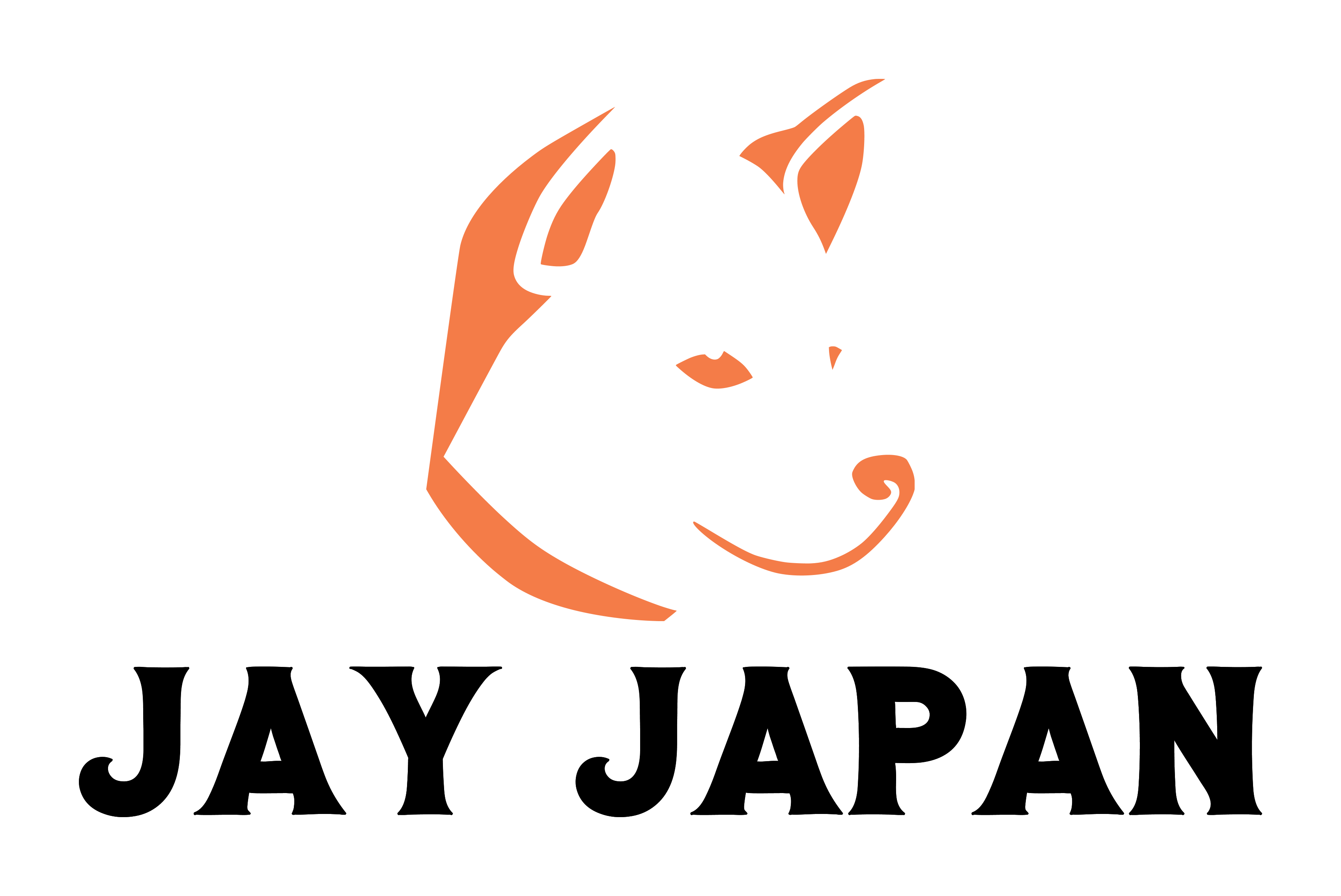



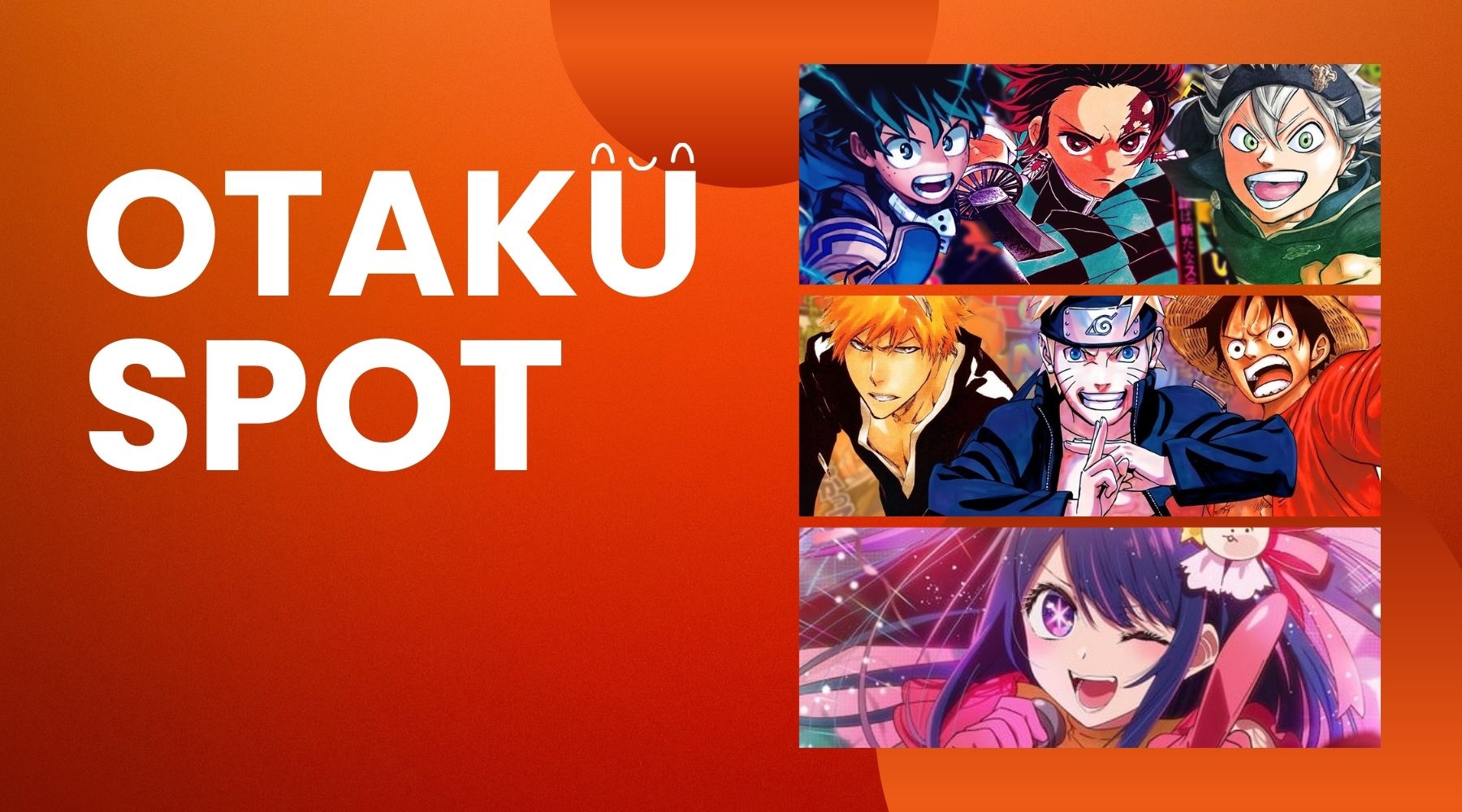
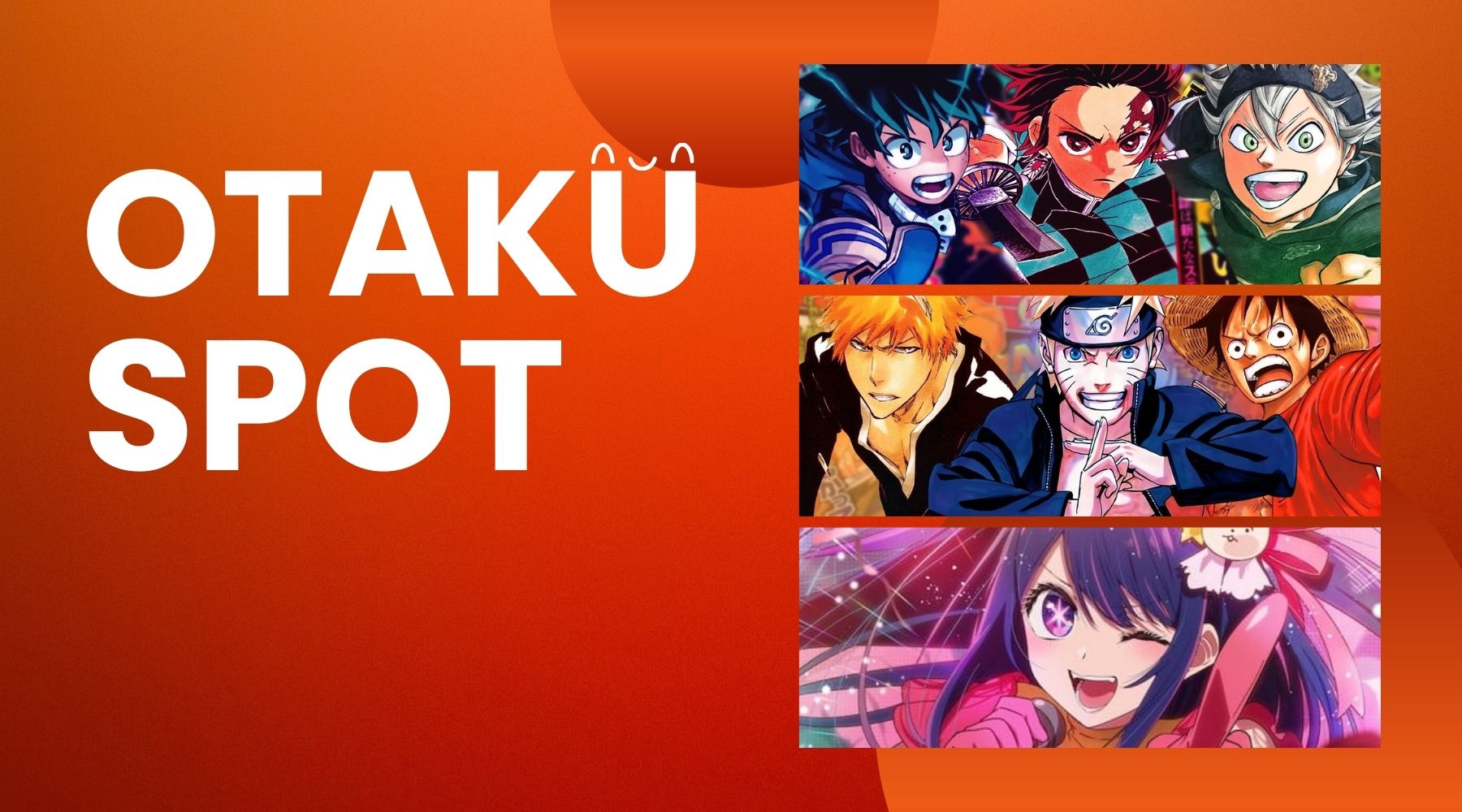
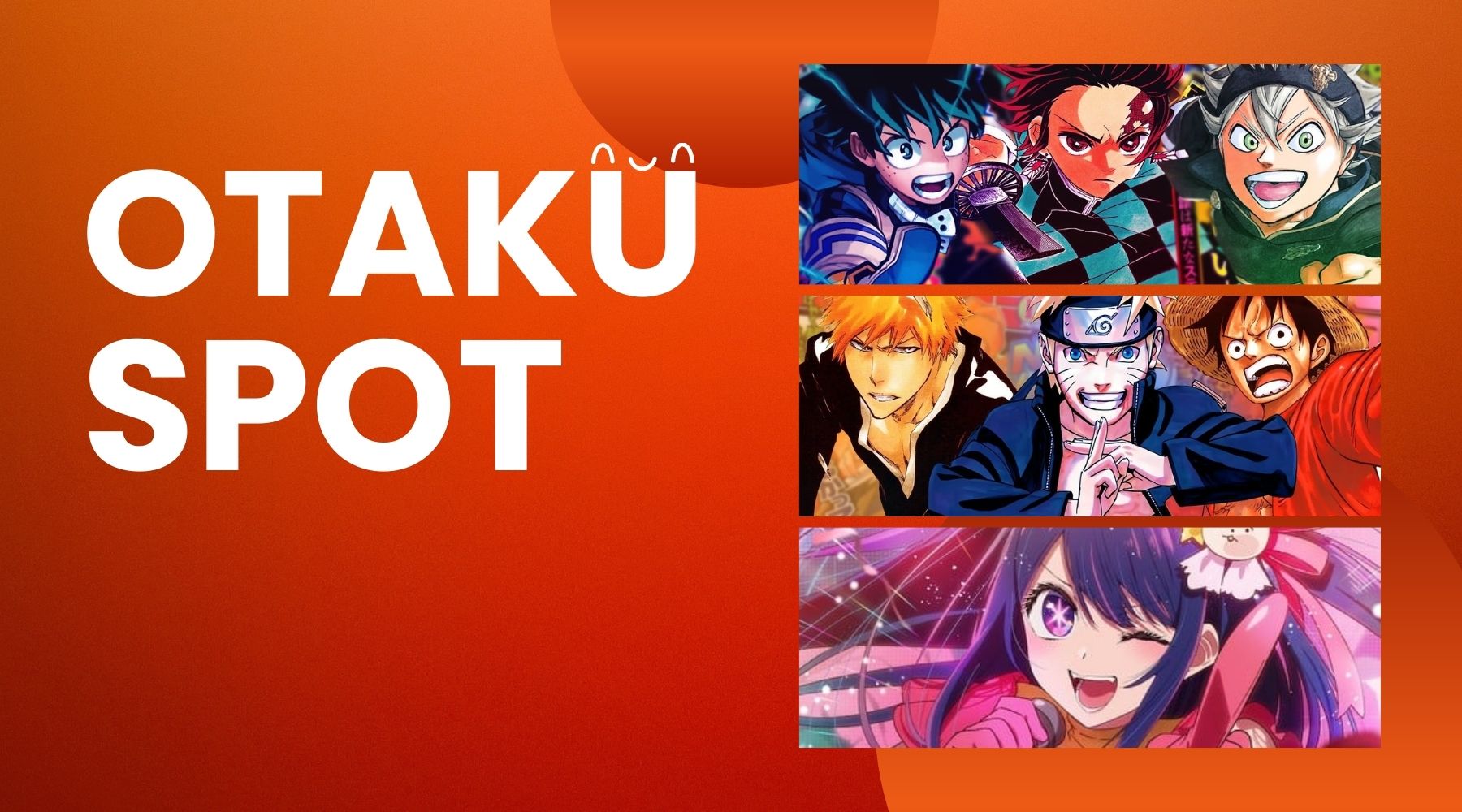
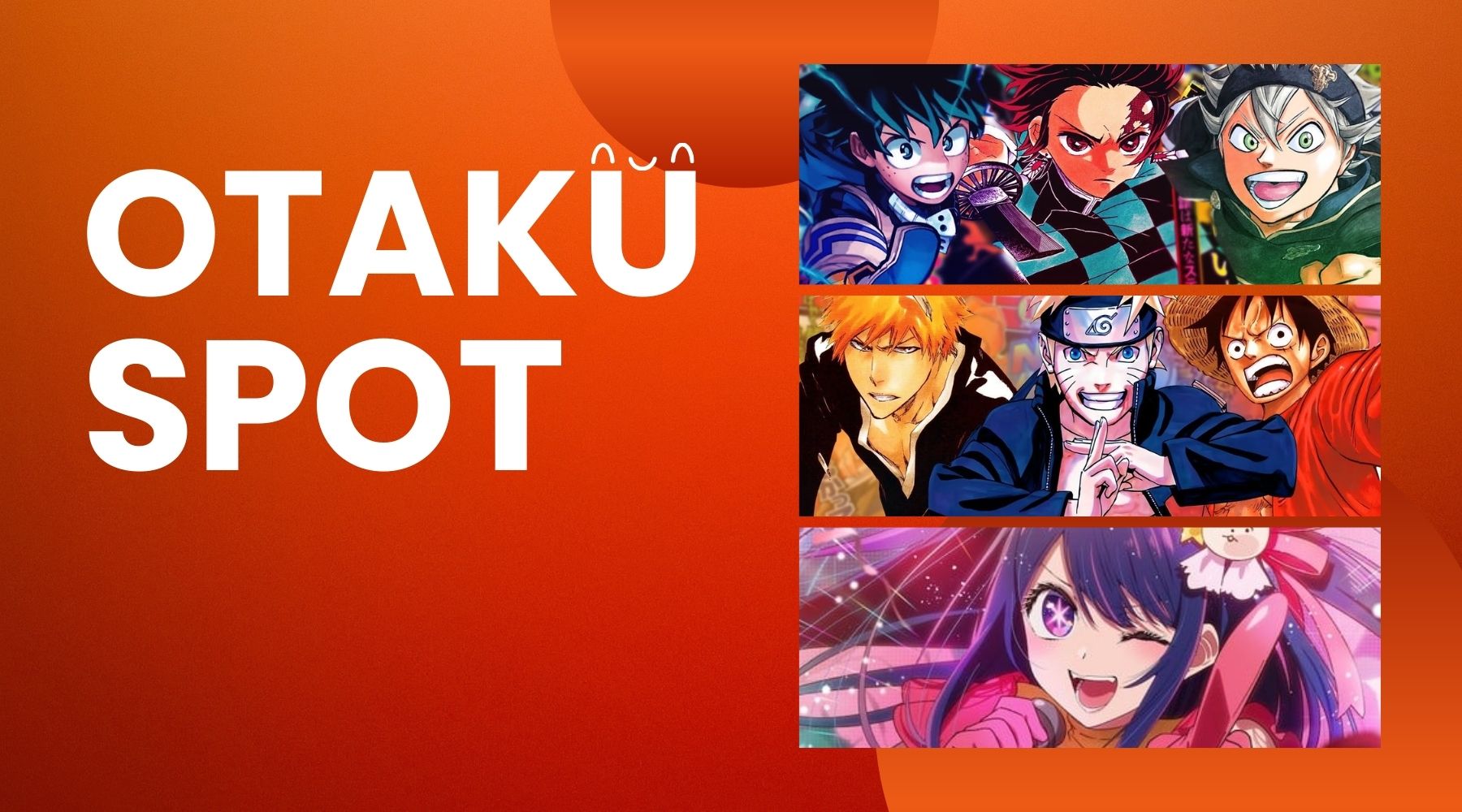
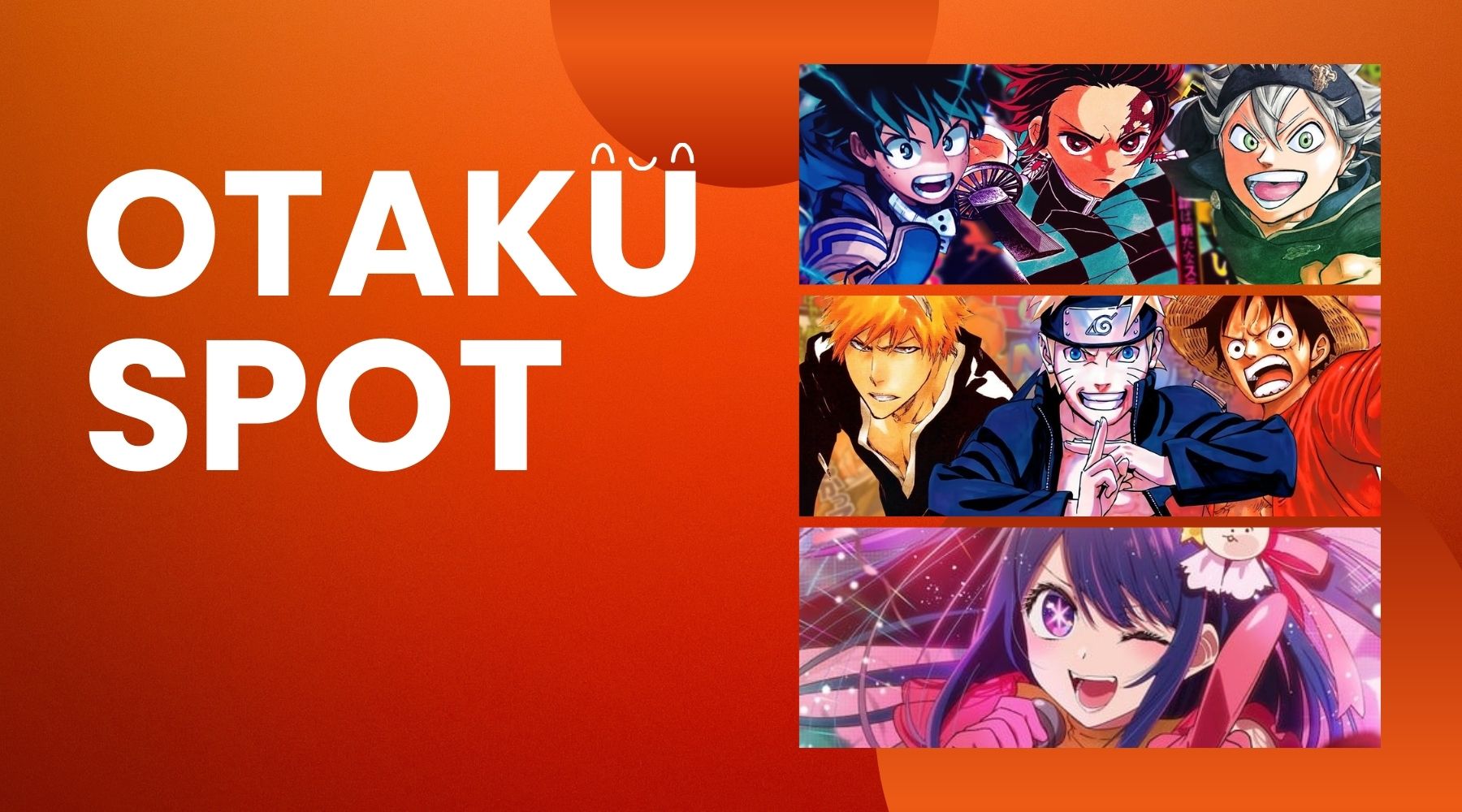
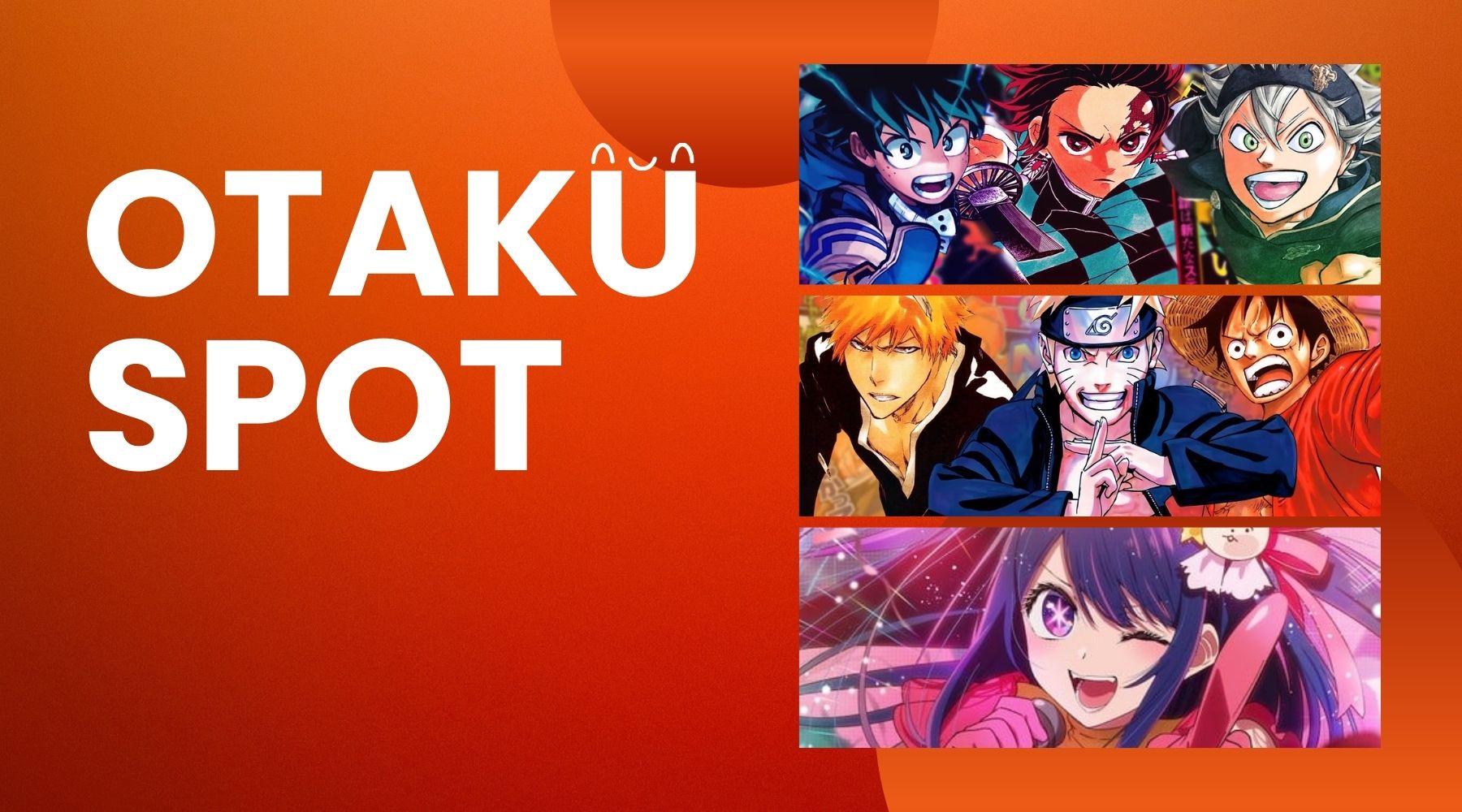








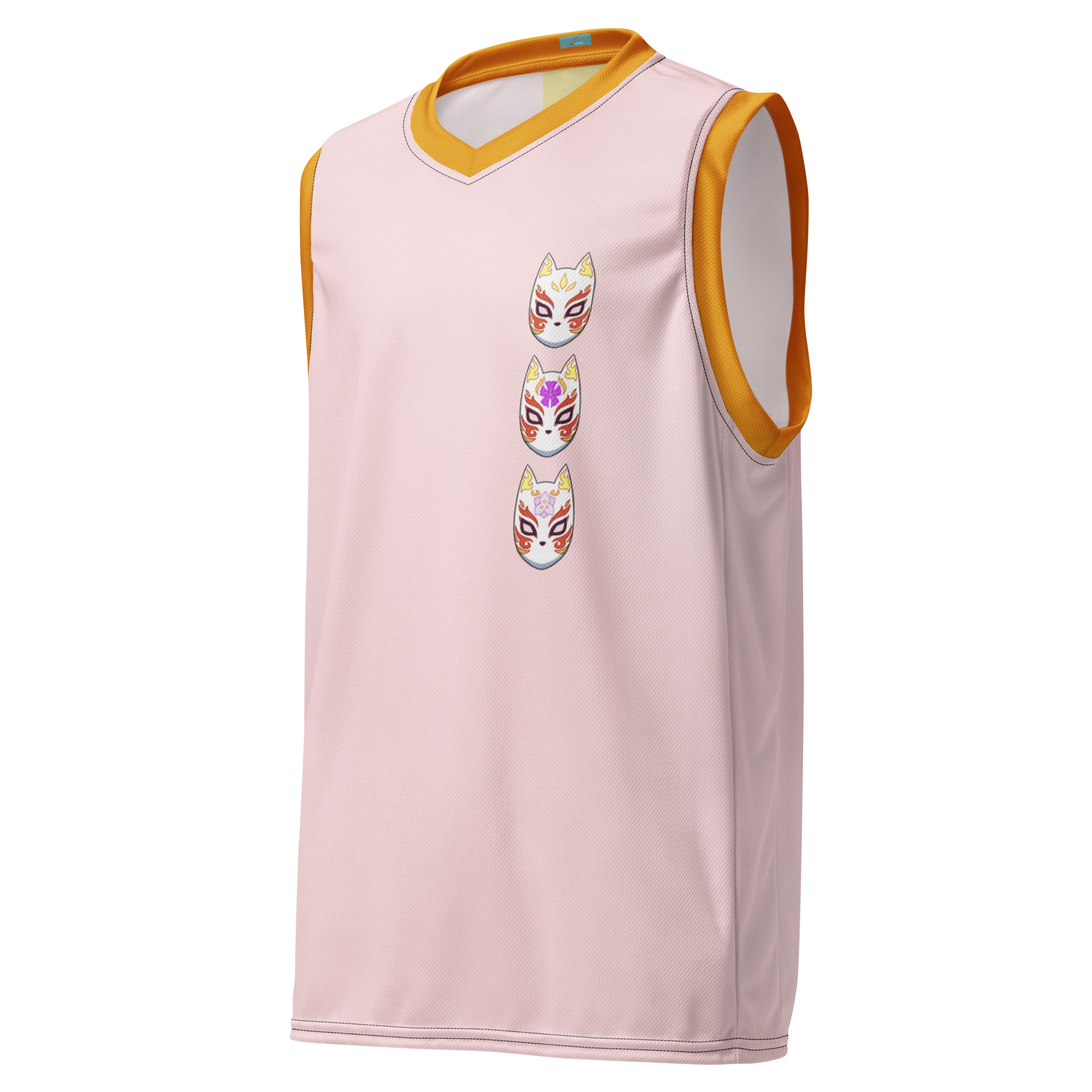

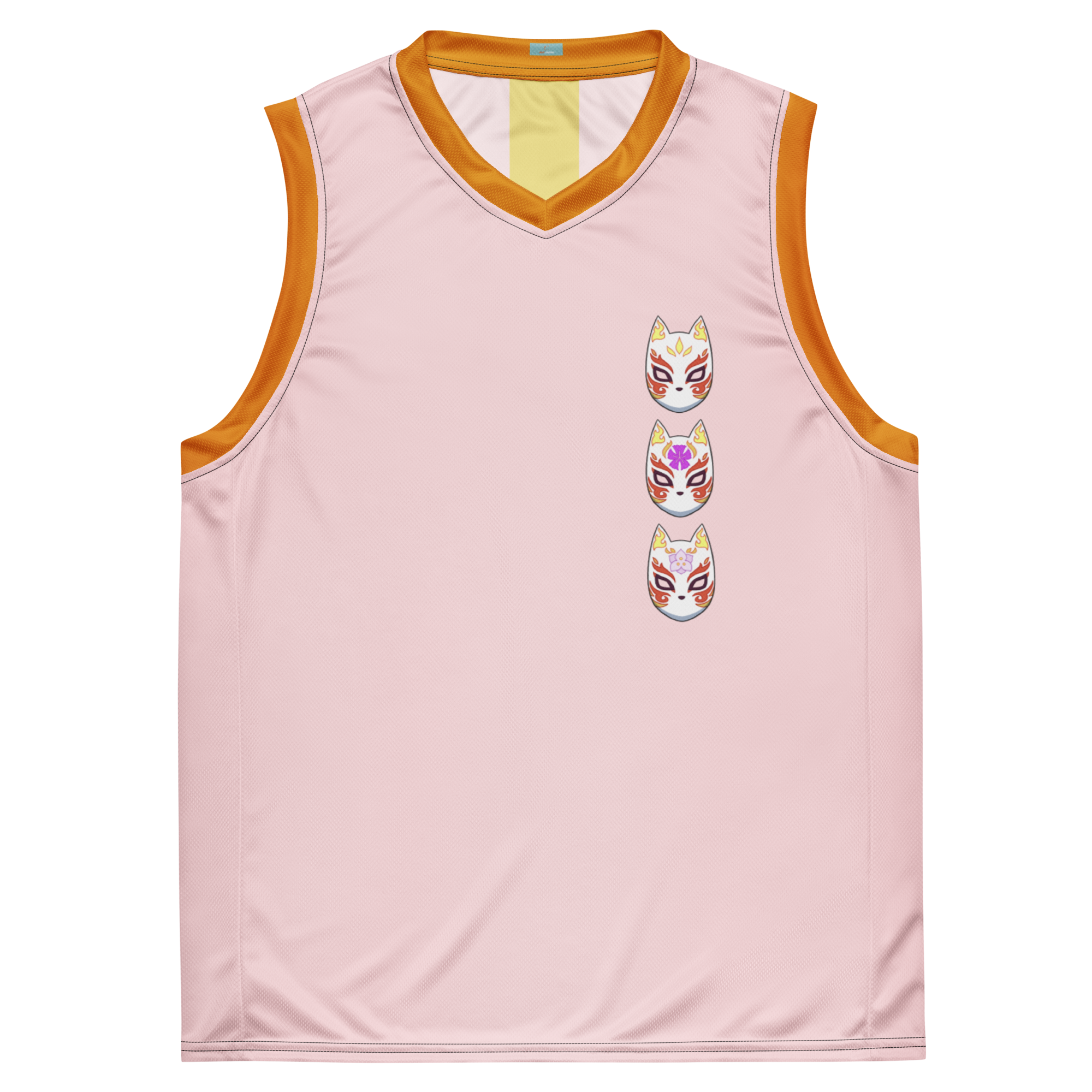




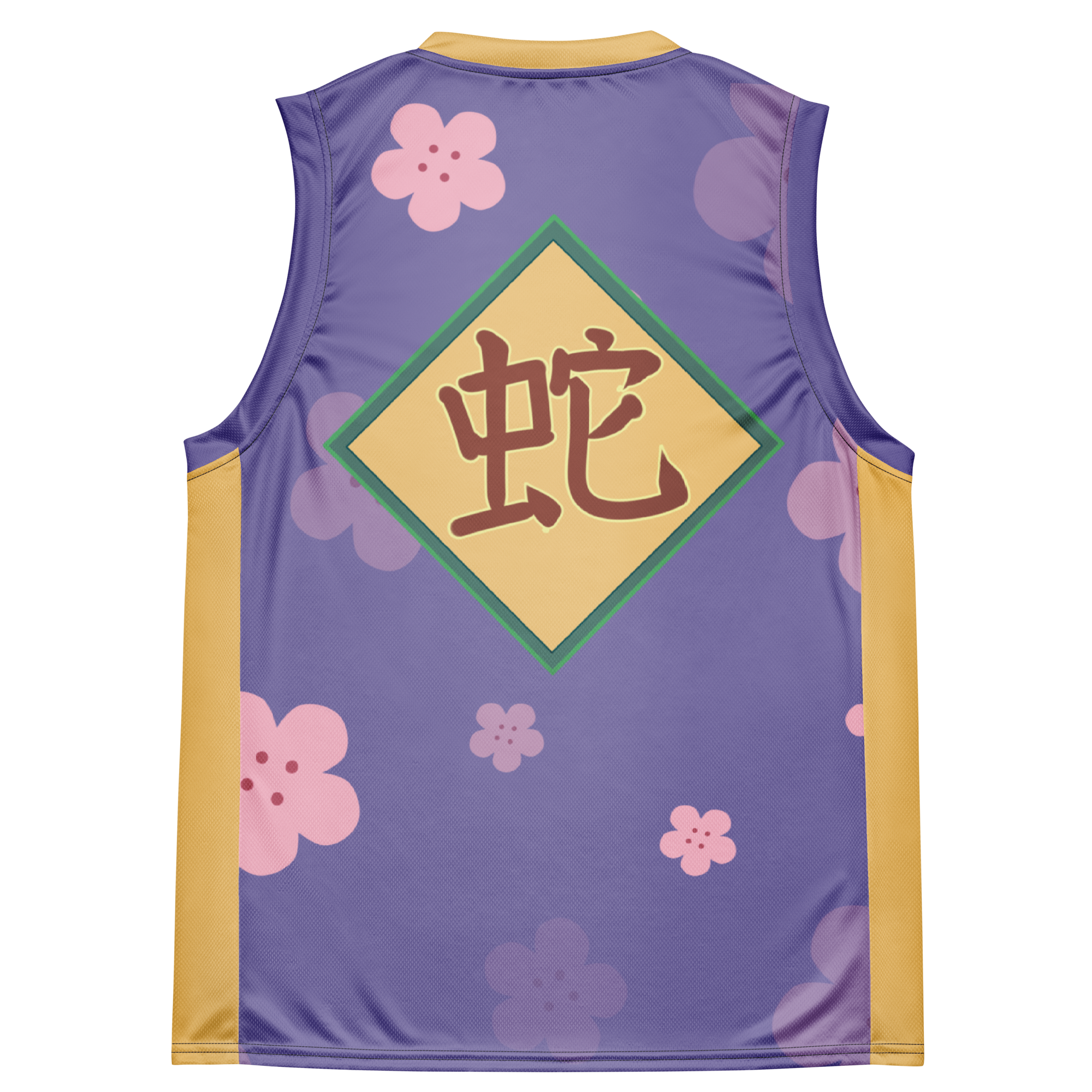
















Leave a comment